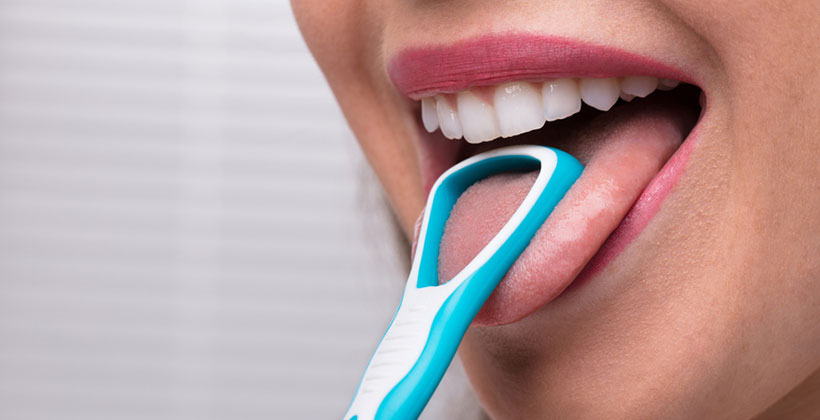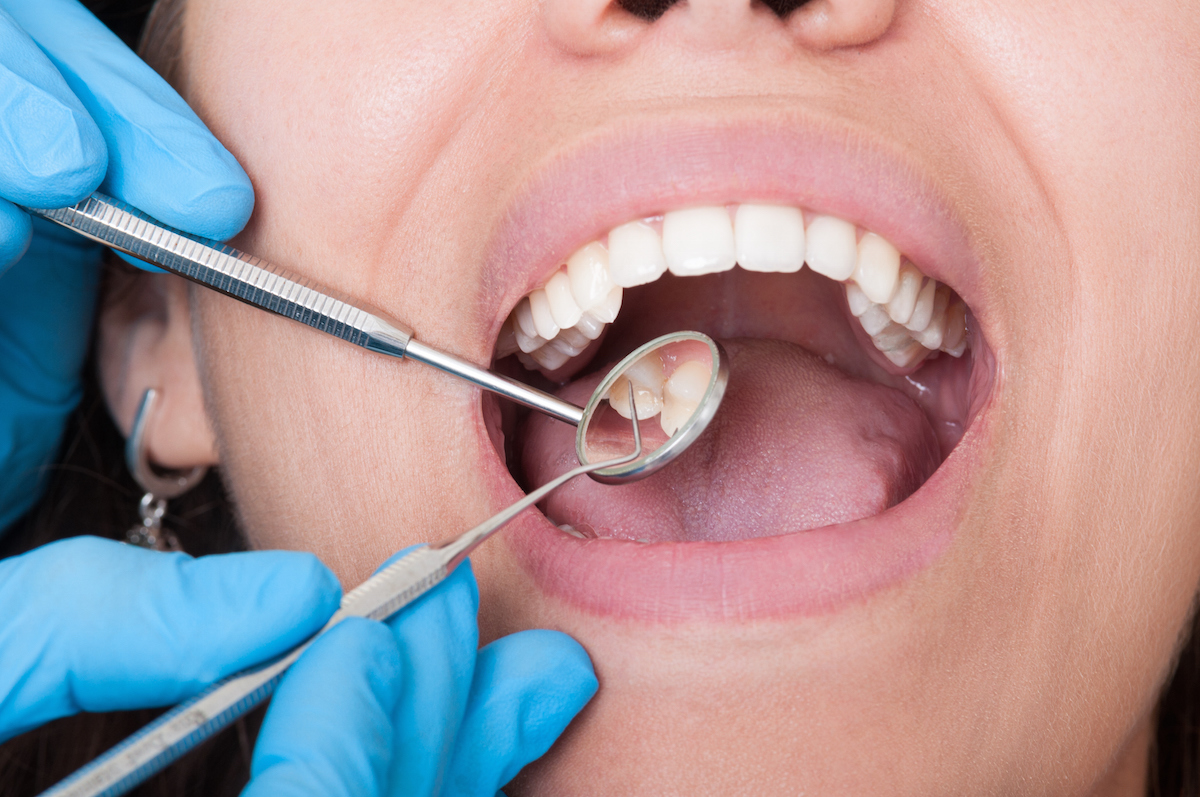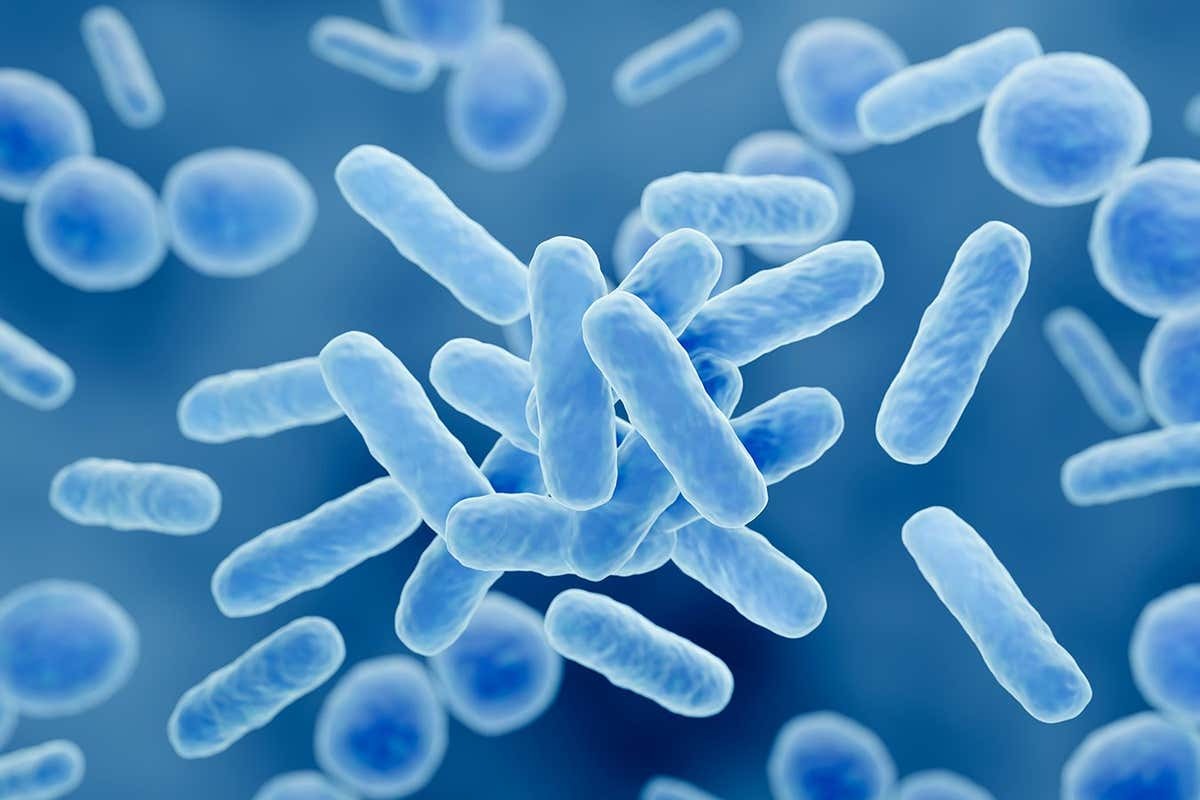Saliva Key Role in Oral Health: More Than Just Wetness
When you think about maintaining a healthy smile, saliva probably isn’t the first thing that comes to mind. However, this often-overlooked aspect of oral care plays a pivotal role, far beyond just keeping our mouths moist. Let’s dive into the surprising ways saliva contributes to our oral health, highlighting its multifaceted functions and offering insights into how we can support this natural resource for a happier, healthier mouth.
A Natural Protector for Your Teeth and Gums
Saliva acts as a shield for our teeth and gums, offering first-line defense against harmful bacteria and acids. By constantly washing away food particles and neutralizing acids produced by bacteria in plaque, it helps prevent tooth decay and gum disease. Its buffering capacity maintains a balanced pH level in the mouth, creating an environment where our oral microbiome can thrive healthily.
The Unsung Hero in Digestion
It’s easy to overlook, but digestion starts right in our mouths, and saliva is the star of this pre-digestive stage. Enzymes like amylase begin breaking down carbohydrates, transforming your meal into a form that’s easier to digest once it hits the stomach. This not only aids in digestion but also enhances our ability to taste, allowing us to fully enjoy the flavours of our food.
Facilitating Healing and Repair
Ever noticed how quickly mouth wounds heal? Thank your saliva for that. Rich in growth factors and antimicrobial agents, saliva promotes the healing of oral tissues, speeding up recovery times for injuries inside the mouth. This incredible fluid keeps the wound moist, which is crucial for tissue repair, and helps fight off infections that could slow down the healing process.
A Window to Your Overall Health
Remarkably, saliva is also a window into the body’s overall condition, containing proteins and hormones that can indicate various diseases and conditions. Today, scientists are exploring ways to use saliva for diagnostic purposes, making it a non-invasive tool to detect everything from stress responses to certain cancers. Its diagnostic potential is a fascinating area of research that could revolutionize how we approach medical testing.
Saliva and Social Interactions
Have you ever thought about how saliva influences your social life? It does more than you might think. A well-moisturized mouth affects how we speak, ensuring our words are clear and not hampered by dryness. It also impacts our breath; a dry mouth can lead to bad breath, which can be a social deterrent. By keeping our mouths moist, saliva helps us communicate more effectively and feel more comfortable in social settings.
Enhancing Taste and Enjoyment of Food
Saliva doesn’t just help with the breakdown and digestion of food; it also plays a crucial role in our ability to taste. Saliva dilutes food substances, allowing taste molecules to bind more effectively to taste receptors on our tongue. This enhanced taste sensation makes eating a more enjoyable and fulfilling experience. For those who love to explore different cuisines and flavours, saliva is indeed their best pal.
Saliva as a Stress Indicator
Interestingly, saliva can also reflect our stress levels. It contains cortisol, a hormone associated with stress. Researchers are studying the possibility of using saliva tests to measure stress levels in individuals. This could have implications not just for personal health monitoring, but also in professional environments where stress management is crucial.
How to Recognize and Address Salivary Gland Issues
Despite its importance, saliva production can sometimes be compromised, leading to conditions like dry mouth (xerostomia). Symptoms include a sticky, dry feeling in the mouth, frequent thirst, sores, and difficulty speaking or swallowing. If you’re experiencing these symptoms, it’s important to consult with a dental or healthcare professional. They can offer solutions ranging from saliva substitutes to medications that help stimulate saliva production.
Supporting Saliva for Better Oral Health
Now that we appreciate the crucial role of saliva, how do we ensure our salivary glands are working optimally? Staying hydrated is key. Drinking plenty of water keeps it flowing, preventing dry mouth, which can increase the risk of dental problems. Chewing sugar-free gum stimulates production, as does maintaining a balanced diet rich in fruits, vegetables, and omega-3 fatty acids.
Avoiding tobacco and limiting alcohol intake can also help, as both can reduce flow and affect its quality. Regular dental check-ups allow professionals to identify any issues with your production early on, ensuring you keep this invaluable ally in top condition.
As we’ve explored, saliva is much more than just moisture in our mouths. It’s a multifunctional fluid that plays a crucial role in protecting our oral health, aiding digestion, and even offering insights into our overall wellbeing. By understanding and supporting our production, we can take a significant step towards maintaining a healthy mouth and a vibrant smile. So, next time you think about your oral health routine, remember to give a nod to the silent protector working tirelessly behind the scenes.




